Top 10 Surprising Animal Adaptations
Nature never ceases to amaze us with its ingenious solutions for survival. Join us on a journey through the animal kingdom as we explore some of the most fascinating and unexpected adaptations that have evolved over millions of years.
1. The Mimic Octopus: Master of Disguise

The mimic octopus takes camouflage to a whole new level. This incredible cephalopod can impersonate up to 15 different marine species, including lionfish, sea snakes, and flatfish. By changing its color, texture, and even behavior, it can fool both predators and prey alike.
2. The Pistol Shrimp: Nature's Tiny Gunslinger
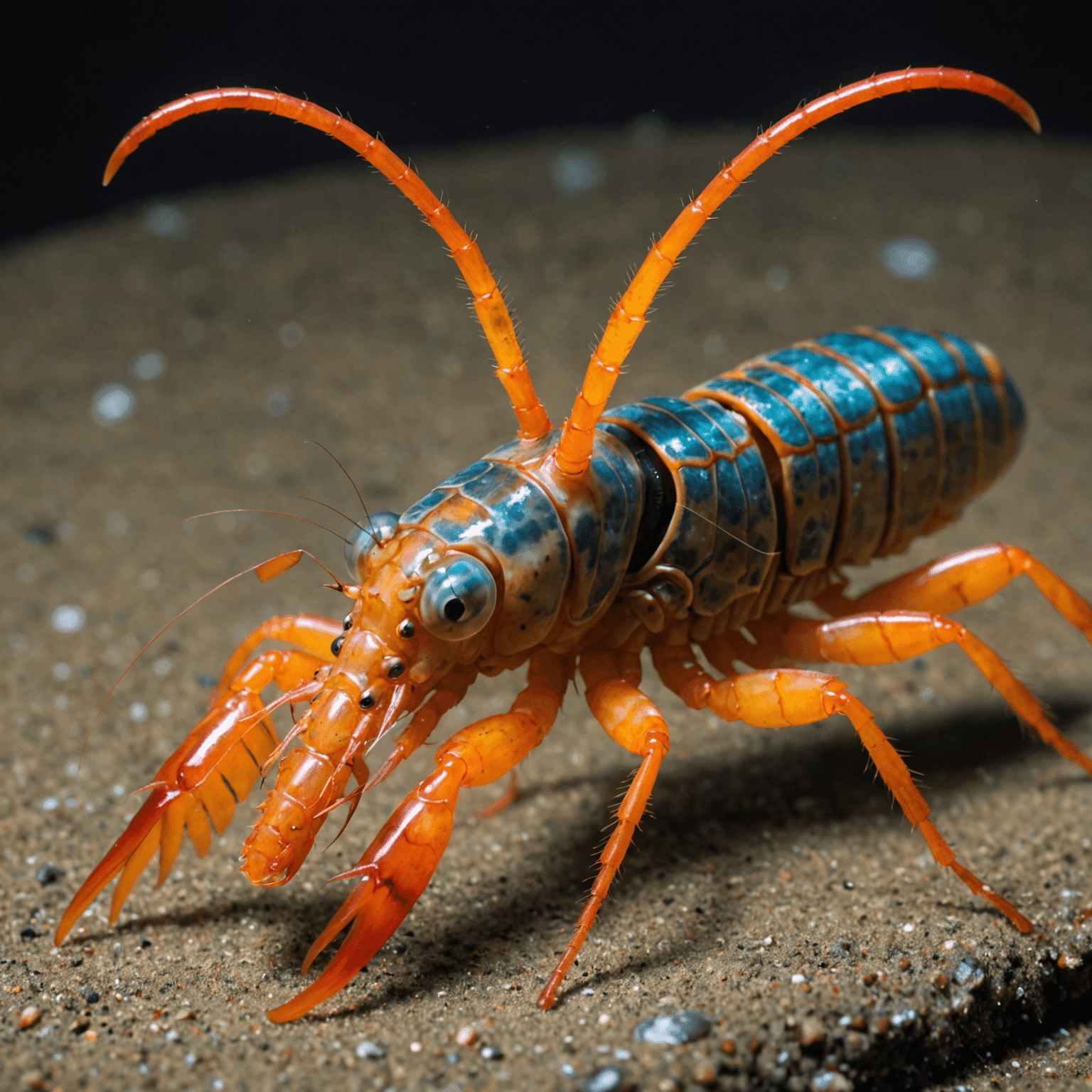
Don't let its small size fool you! The pistol shrimp packs a punch with its oversized claw. When snapped shut, it creates a cavitation bubble that collapses with such force it produces a sound louder than a gunshot and a flash of light, stunning or killing its prey.
3. The Lyrebird: Nature's Sound Engineer
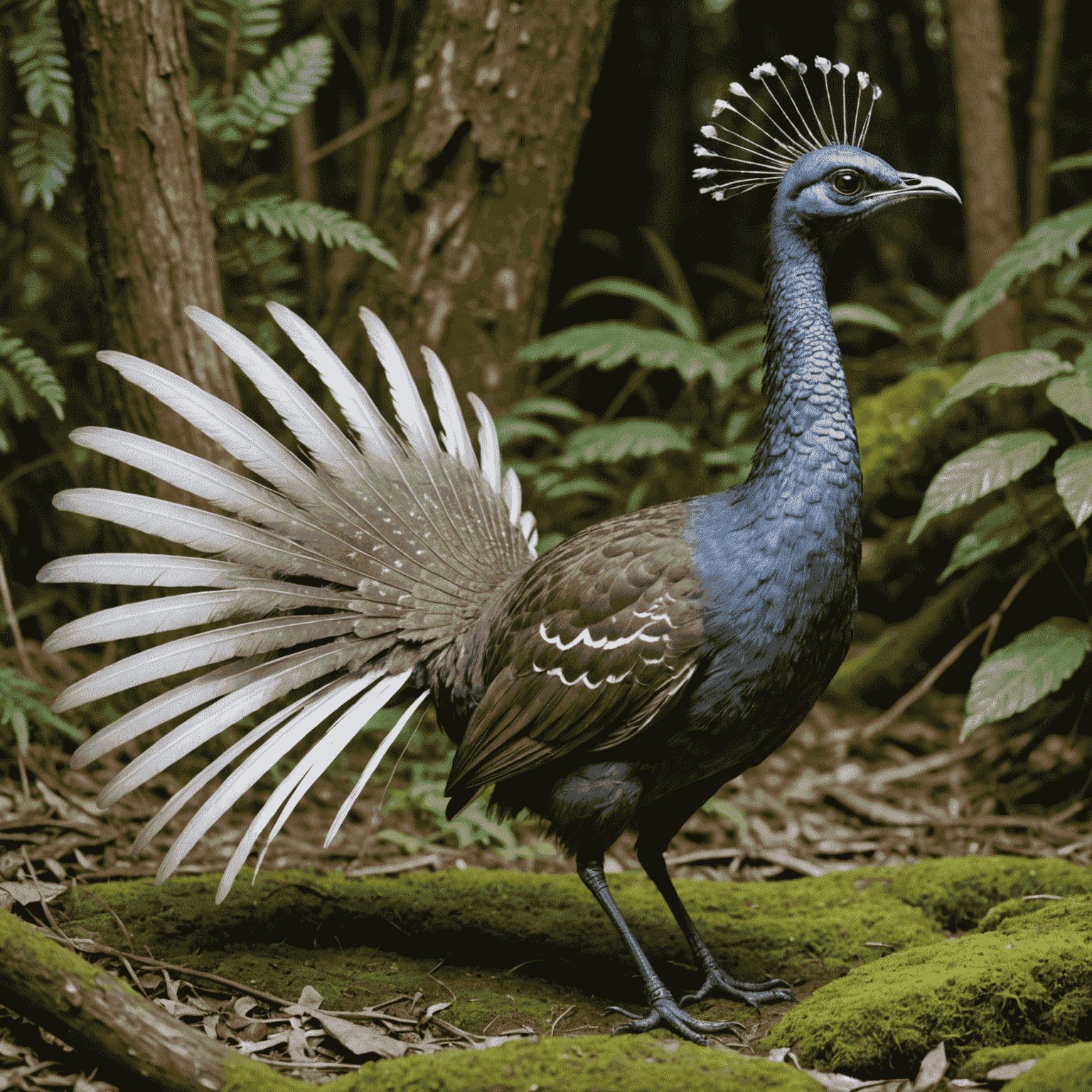
The lyrebird is the world's greatest avian mimic. It can perfectly imitate not just other birds, but also human-made sounds like car alarms, chainsaws, and even camera shutters. This incredible ability helps it attract mates and establish territory.
4. The Platypus: Nature's Unlikely Mashup
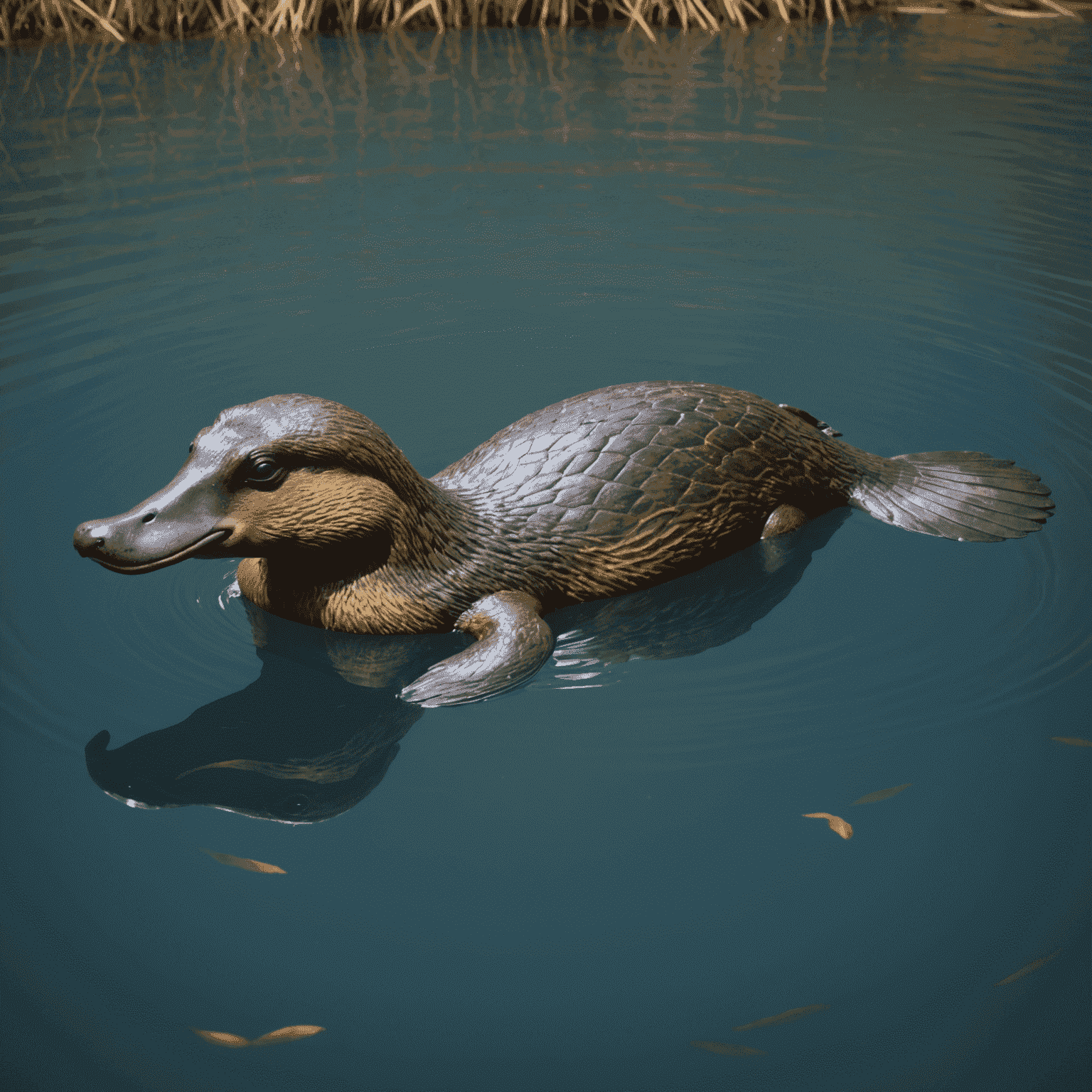
The platypus seems like a creature straight out of a fantasy novel. This egg-laying mammal has a duck-like bill, beaver-like tail, and otter-like feet. But its most surprising adaptation? Males have venomous spurs on their hind legs, making them one of the few venomous mammals.
5. The Axolotl: The Real-Life Wolverine
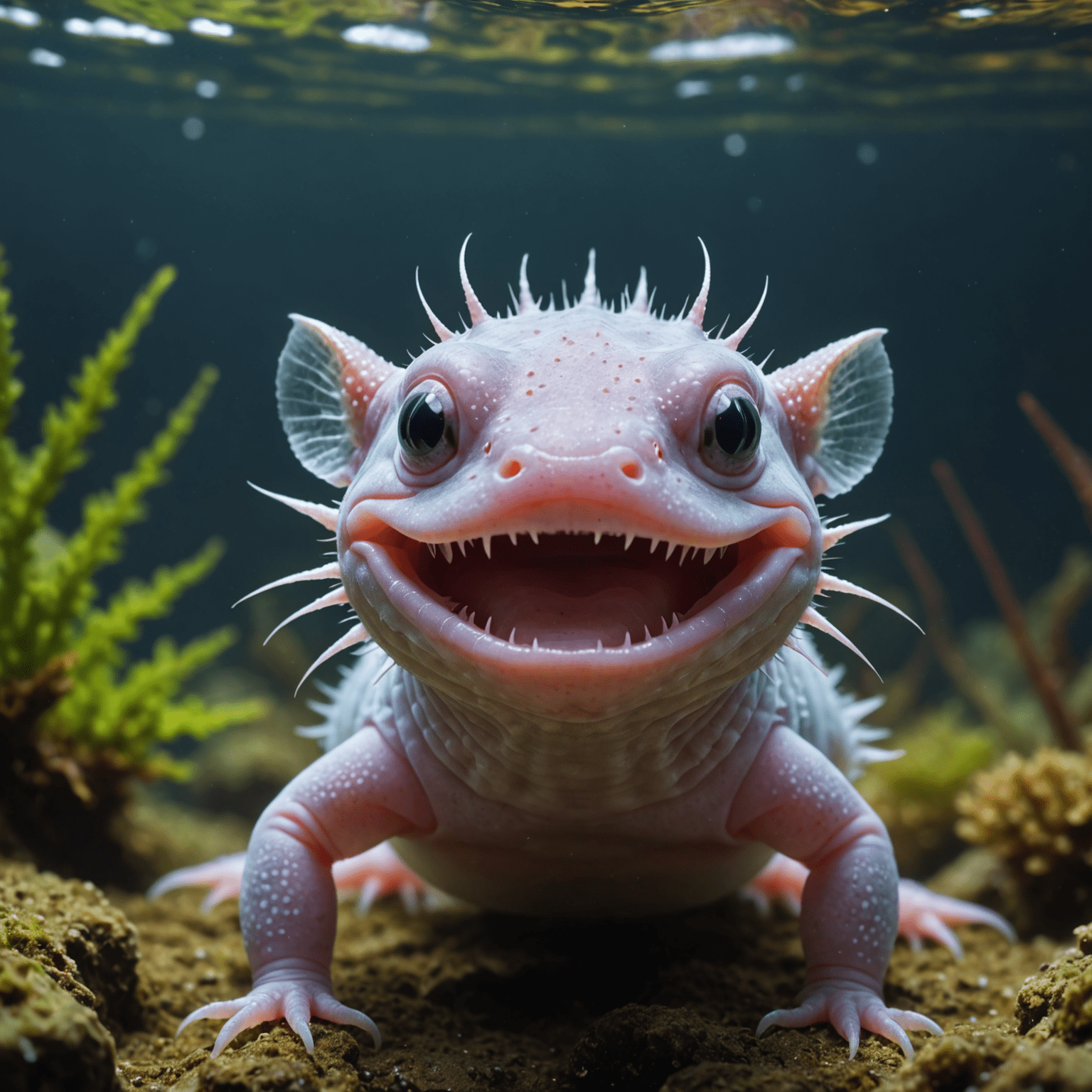
This adorable salamander has an incredible ability to regenerate not just limbs, but also vital organs including parts of its brain and heart. Scientists are studying the axolotl's regenerative abilities in hopes of applying this knowledge to human medicine.
6. The Tardigrade: Earth's Toughest Tiny Animal
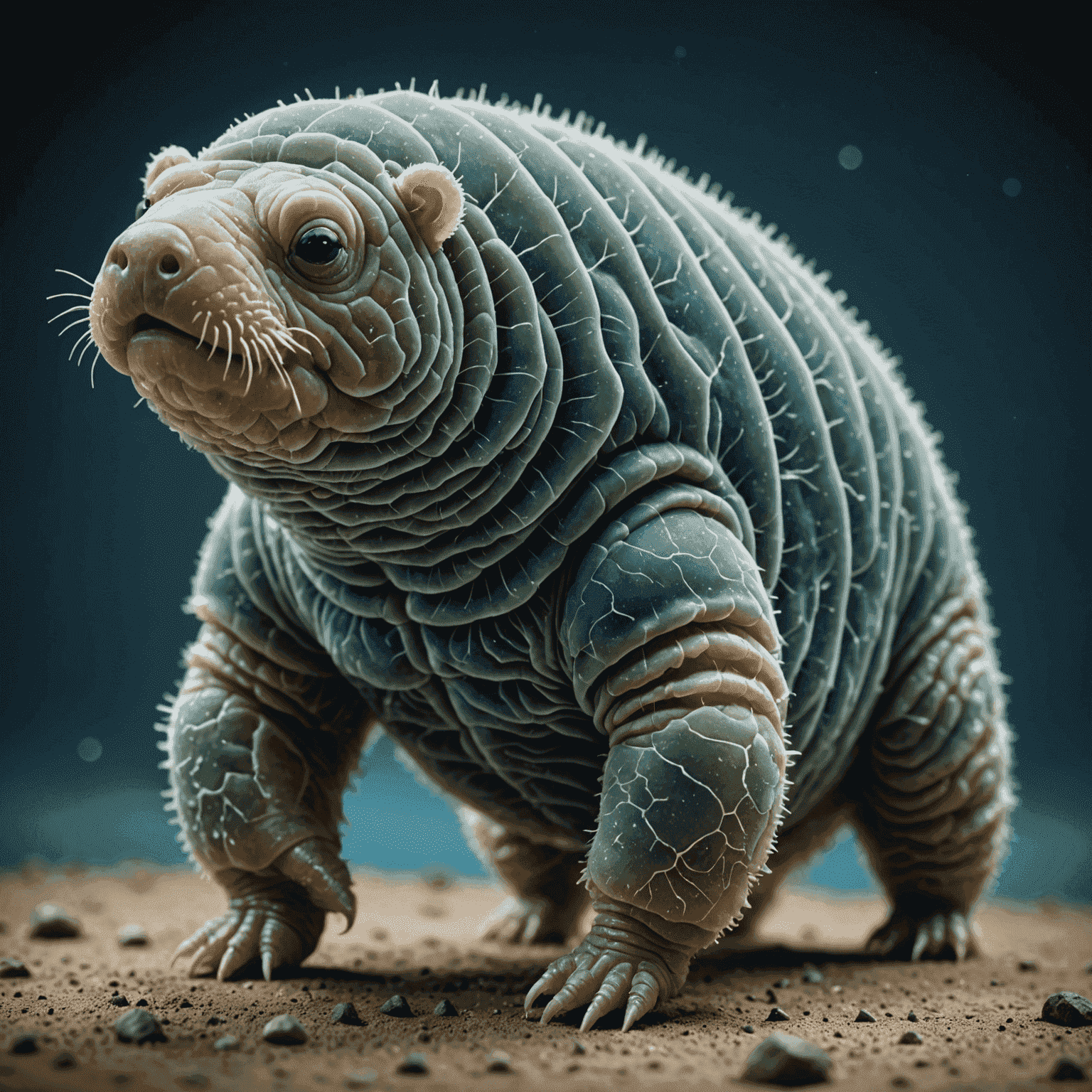
Also known as water bears, tardigrades are microscopic animals that can survive extreme conditions that would kill most other life forms. They can withstand temperatures from near absolute zero to boiling, intense pressures, and even the vacuum of space!
7. The Horned Lizard: Blood-Squirting Defense

When threatened, the horned lizard has a truly bizarre defense mechanism. It can increase the blood pressure around its eyes and squirt blood at predators, sometimes up to 5 feet away! This startling tactic often gives it enough time to escape.
8. The Bombardier Beetle: Nature's Little Chemist
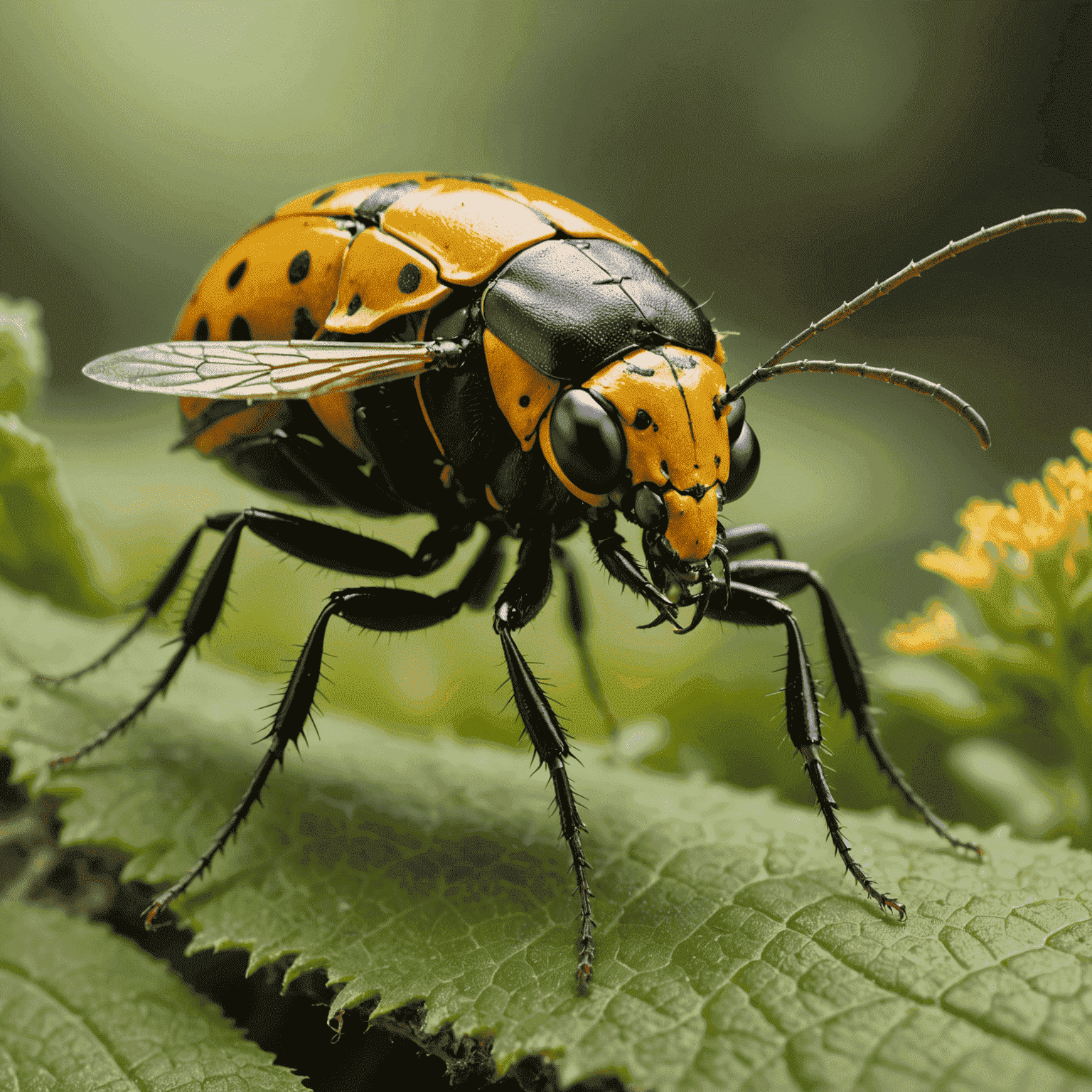
This beetle has a built-in chemical weapon. When threatened, it mixes two chemicals in a special chamber in its abdomen, creating a boiling, caustic spray that it can aim with surprising accuracy at predators.
9. The Pearlfish: An Unlikely Roommate
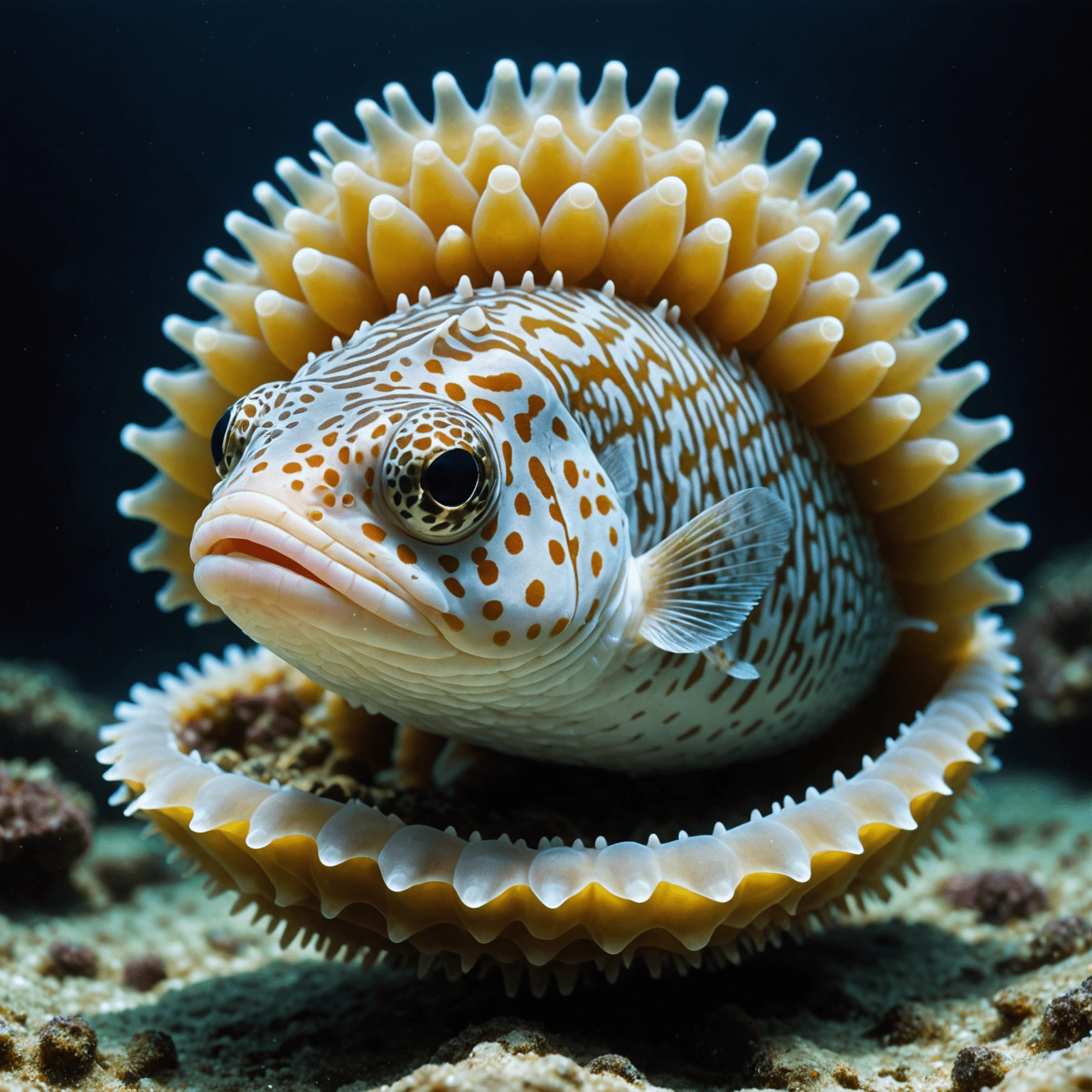
The pearlfish has found a rather unusual home - inside the body cavities of sea cucumbers, often entering through the anus! This bizarre adaptation provides the fish with protection from predators and a safe place to lay its eggs.
10. The Naked Mole Rat: Cancer-Resistant and Cold-Blooded

These wrinkly, hairless rodents have several surprising adaptations. They're resistant to cancer, can survive with very little oxygen, and are the only known cold-blooded mammals. They also live in complex, eusocial colonies like bees or ants.